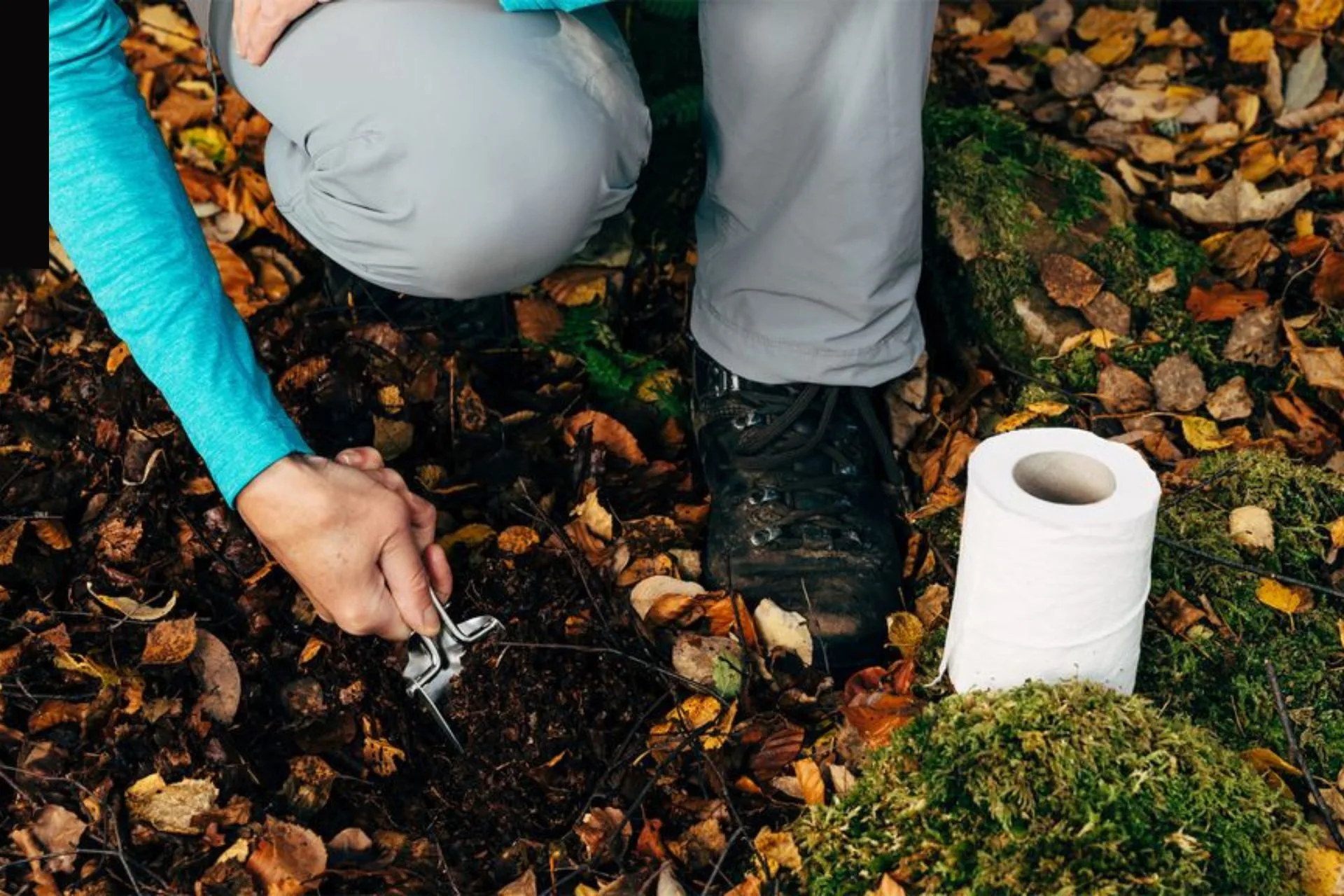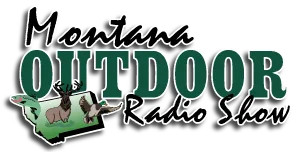Public land trails are used by people and critters. Wheelers, bikers, motor bikers, llama treks, free range cattle, horses, and wild critters. Every trekker leaves evidence of their passing. Sometimes it’s a track or footprint, rutted tire/wheel tracks, or sometimes it’s their poop.
Mammals poop. That’s just a fact of life that we learned in Biology 101. No one likes it but when you must go you have to go.

Which poop is worse on trails? Whether it’s a lot or a little, poopy trails can be a mess. Horses poop around 50 pounds of poo per day. Their waste is basically digested grass. Most trails on public lands require weed free hay to prevent the spread of toxic or invasive weeds. Backcountry Free Range cattle are like tanks in the forest and along the watersheds. Bison and other huge mammals leave their marks on the land.
Human poo is accompanied by toilet paper and is often found under flat rocks and logs. Rarely is it properly buried. Human excrement, and urine, are a major predator, and insect attractant. Pharmaceuticals and other chemicals are part of Human poop and contribute more pollution than digested grass and plants. Parasites are also embedded in carnivore poo.
Dog poo is often left where it lies. Some hikers bag up pet poo and hang it in trees or lay it along the trail? Not sure why but my guess is that they meant to retrieve the poo bags on the way back but took a different path. Human and pet poo has more pathogens and bacteria since we are meat eaters.
What are horse riders supposed to do? Most backcountry trails are made and kept open by horseback stewards of the trails. It is thanks to them that the trails exist. You can’t put a diaper on a horse. Horse poo is full of nutrients and does serve as fertilizer for the forest. Dogs do tend to roll in it and eat it, but bears are not attracted to horse apples as much as human and pet waste.
Other trash along trails may be a bigger and more manageable concern. Water bottles, orange and banana peels, snack wrappers, toilet paper, and poo bags are way more offensive than horse poo. Horse Apples are the least offensive of poos.
Our open spaces and forests and watersheds are the toilet for all life. We will not train animals to poo only off trails. Horses are banned on many urban trails. Instead, motorized ORV’s are used to manage trail work. These vehicles leave long ruts, and tracks that allow water to flow and erode their tracks.
Hikers can see and hear horses coming. Speedy mountain bikers rarely announce that they are coming. Accidents can result quickly.
It takes a few months for horse poo to completely decompose. Dry horse apples can be used to create smoke that discourages mosquitoes from around your campsites. The partially digested grass also absorbs moisture and helps protect and nourish the soil.
Poo on trails may just be a fact of life. We can certainly function as Stewards of the Land and do our best to take only a picture and just leave a footprint. Our urban centers have become toilets for homeless and vagrants. Most backcountry rules require Pack it in Pack it Out. We can certainly police our pathways. Scoop the poo aside and off the right of way.
My Dad told me that sometimes you step in a pile of poop. Problems happen. It’s called life. He suggested that when this happens, find a curb and scrape it off. Walking forward will take care of the rest.
or maybe just step over it.
Montana Grant





